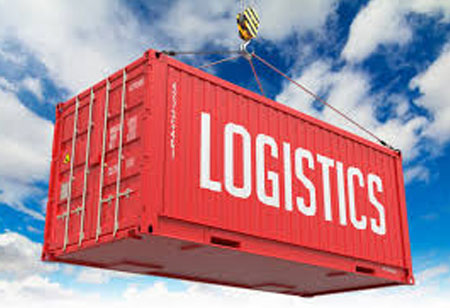THANK YOU FOR SUBSCRIBING
Blockchain Creating an Effortless Logistics System
Blockchain allows shippers, carriers, freight brokers, and other supply chain participants to collaborate in a new way, empowering all parties to manage value exchanges more efficiently and less expensively.

By
Apac CIOOutlook | Thursday, January 01, 1970
Stay ahead of the industry with exclusive feature stories on the top companies, expert insights and the latest news delivered straight to your inbox. Subscribe today.
The logistics sector faces immense pressure—to be better, faster, and less expensive. The U.S. Department of Transportation projects a sharp rise in volume, which will create severe capacity problems to keep up with demand. As competition for drivers increases, so will the cost to ship goods. An increased demand for efficient systems has emerged to survive this period of rapid industry growth and demand; one of them is blockchain.
Blockchain allows shippers, carriers, freight brokers, and other supply chain participants to collaborate in a new way, empowering all parties to manage value exchanges more efficiently and less expensively. The technology promises to take significant costs—both hard and soft—out of the supply chain, freeing up time and money for the innovation required to compete in today’s marketplace.
With blockchain, temperature, along with other key quality metrics, can be recorded from IoT devices from each point of the product’s journey. Instead of keeping that data proprietary in disparate systems, the blockchain empowers companies to collaborate and securely share that data among stakeholders.
Manually auditing a wide array of disparate systems can take months to complete, and grow an already costly dispute into potentially a multi-million-dollar legal battle. Blockchain can provide a collaborative system of record among partners that saves all stakeholders significant amounts of time and money.
One of the biggest benefits of blockchain is its ability to audit contractual performance. Under- and overbilling plagues the entire supply chain sector. Applying smart contracts and intelligent workflows enable automated structured decisions within the supply chain such as signatures, quality control, and payments.
Blockchain encourages a new approach for businesses among supply chain partners, which is highly collaborative, eliminates meaningful and measurable costs from the system through transparency while unlocking new insights for all the organizations involved in the process.
See Also: Logistics Transportation Review





